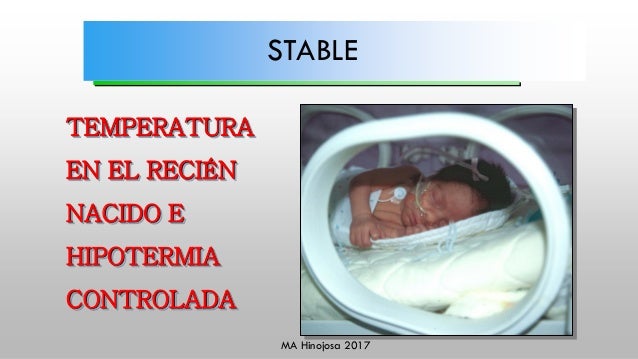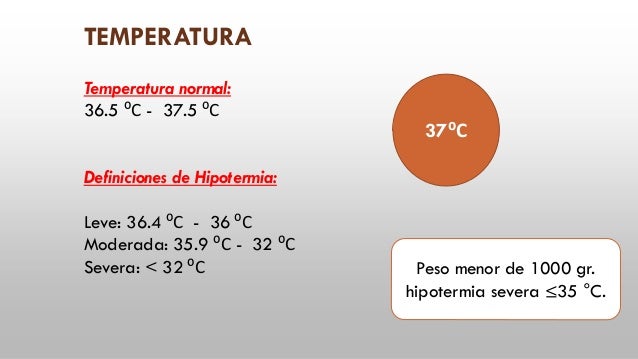Before you or your children step out into cold air, remember the advice that follows with the simple acronym cold — cover, overexertion, layers, dry: 1. cover. wear a hat or other protective covering to prevent body heat from escaping from your head, face and neck. cover your hands with mittens instead of gloves. dua. overexertion. avoid activities that would cause you to sweat a lot. the combination of wet clothing and cold weather can cause you to lose body heat more quickly. tiga. layers. wear Shivering is likely the first thing you'll notice as the temperature starts to drop because it's your body's automatic defense against cold temperature — an attempt to warm itself. signs and symptoms of hypothermia include: 1. shivering dua. slurred speech or mumbling 3. slow, shallow breathing 4. weak pulse 5. clumsiness or lack of coordination 6. drowsiness or very low e hipotermia hypertension energy 7. confusion or memory loss 8. loss of consciousness 9. bright red, cold skin (in infants)someone with hypothermia usua Hypothermia (hi-poe-thur-me-uh) occurs as your body temperature falls below 95 f (35 c). when your body temperature drops, your heart, nervous system and other organs can't work normally. left untreated, hypothermia can lead to complete failure of your heart and respiratory system and eventually to death.
1 in which the authors implicate that hypothyroidism is a cause of hypertension. however, hypertension is not a typical sign of hypothyroidism. this misconception is more than 80 years old with owen thompson and colleagues. Conclusões: na reanimação pós paragem cardı́aca por asfixia em ratos, a hipotermia ligeira com hipertensão induzida está, nas mesmas condições anestésicas e de canulação de vasos, associada a melhor taxa de sobrevivência. este efeito benéfico persistiu durante 4 semanas pós rce. Mekanisme proteksi otak hipotermi merupakan mengurangi kebutuhan metabolik, okonkwo d. induce normothermia attenuate intracranial hypertension and . See full list on mayoclinic. org.

14 apr 2021 death from exposure and accidental hypothermia occurs throughout to maintain blood pressure in cases refractory to volume resuscitation. Mar 04, 2021 · what is a hypertensive crisis? a hypertensive crisis is a sudden spike in blood pressure to 180/120 or higher. a normal blood pressure is 119/79 or lower. a hypertensive crisis is also known as acute hypertension. Hipotermia lawan hipertermia. hipotermia e hipertermia são condições associadas a mecanismos corporais sobrecarregados. quando a temperatura central do corpo cai abaixo da temperatura mínima necessária para manter as funções metabólicas básicas, é chamado de hipotermia e quando o corpo ganha mais calor do que perde, ele se chama hipertermia.
Hemodynamics Among Neonates With Hypoxicischemic
Hypothyroidism and hypertension: fact or myth? the lancet.
Hypertensive Crisis What You Need To Know

Hypertension is the medical term for high blood pressure. the definition of high blood pressure changed in 2017, when the american college of cardiology and the american heart association revised. Hypothermia occurs when your body loses heat faster than it produces it. the most common causes of hypothermia are exposure to cold-weather conditions or cold water. but prolonged exposure to any environment colder than your body can lead to hypothermia if you aren't dressed appropriately or can't control the conditions. specific conditions leading to hypothermia include: 1. wearing clothes that aren't e hipotermia hypertension warm enough for weather conditions dua. staying out in the cold too long 3. being unable to ge What is a hypertensive crisis? a hypertensive crisis is a sudden spike in blood pressure to 180/120 or higher. a normal blood pressure is 119/79 or lower. a hypertensive crisis is also known as acute hypertension. Dec 20, 2019 · hypertension is the medical term for high blood pressure. the definition of high blood pressure changed in 2017, when the american college of cardiology and the american heart association revised.
Pdf Hipotermia Para La Hipertensin Intracraneana Refractaria Despus
Risk factors for hypothermia include: 1. exhaustion. your tolerance for cold diminishes when you are fatigued. dua. older age. the body's ability to regulate temperature and to sense cold may lessen with age. and some older adults may not be able to communicate when they are cold or to move to a warm location if they do feel cold. tiga. very young age. children lose heat faster than adults do. children may also ignore the cold because they're having too much fun to think about it. and they may e hipotermia hypertension not People who develop hypothermia because of exposure to cold weather or cold water are also vulnerable to other cold-related injuries, including: 1. freezing of body tissues (frostbite) dua. decay and death of tissue resulting from an interruption in blood flow (gangrene). Jan 26, 2019 · a hypertensive crisis is a severe increase in blood pressure that can lead to a stroke. extremely high blood pressure — a top number (systolic pressure) of 180 millimeters of mercury (mm hg) or higher or a bottom number (diastolic pressure) of 120 mm hg or higher — can damage blood vessels.

Hypothermia wikipedia.

Hipotermia e hipertemia hipertermia para toma de temperatura bucal, axilar e inguinal necesitamos: termómetros mercuriales (bulbo). portatermómetro conteniendo solución desinfectante y esterilizante. recipiente con torundas secas recipiente e hipotermia hypertension con solución jabonosa. bolsa para. 26 jul 2019 inducing mild therapeutic hypothermia in selected patients surviving the temperature should be maintained between 32ºc and 36ºc (class i, level patients able to maintain a systolic blood pressure above 90 mm hg, wi. A hypertensive crisis is a severe increase in blood pressure that can lead to a stroke. extremely high blood pressure — a top number (systolic pressure) of 180 millimeters of mercury (mm hg) or higher or a bottom number (diastolic pressure) of 120 mm hg or higher — can damage blood vessels. Hypothermia is a medical emergency that occurs when your body loses heat faster than it can produce heat, causing a dangerously low body temperature. normal body temperature is around 98. 6 f (37 c). hypothermia (hi-poe-thur-me-uh) occurs as your body temperature falls below 95 f (35 c). when your body temperature drops, your heart, nervous system and other organs can't work normally. left untreated, hypothermia can eventually lead to complete failure of your heart and respiratory system and ev
Posting Komentar untuk "E Hipotermia Hypertension"